Office “Family” or Facade? The Truth Behind Modern Workplace Camaraderie
In the labyrinth of modern workplaces, the idea of a “family culture” is often painted with broad, warm strokes. Yet, as one Redditor candidly reveals, the comforting façade of team-building events can quickly dissolve when personal betrayals emerge behind forced smiles. The promise of genuine camaraderie is replaced by a reality where alliances shift as quickly as the office gossip, leaving employees more isolated than united.
Drawing from firsthand experience in a small business that champions pseudo-friendship, this narrative unravels the bittersweet truth behind the “we’re all a family” rhetoric. It’s a story that resonates with anyone who’s ever felt the sting of betrayal under the guise of team spirit, inviting us to reexamine what a truly supportive workplace should offer.

‘LPT: No matter how much your workplace pushes “team building” and “family culture” – remember, they’re not your friends and it’s still a workplace.’
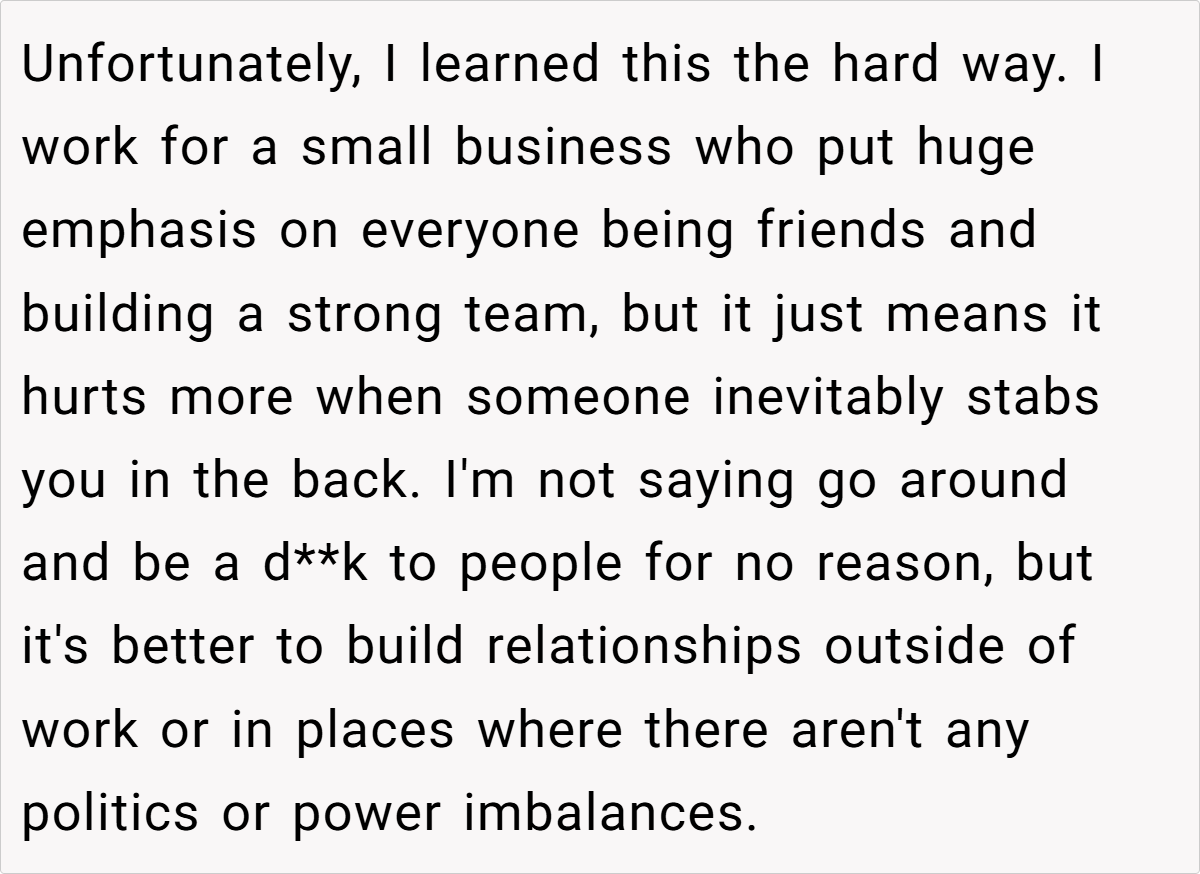
Navigating the forced camaraderie of a “family culture” at work can feel like starring in a surreal drama, where genuine connections are sacrificed on the altar of corporate rhetoric. The Reddit post highlights a common experience: being trapped in an environment where team building is less about mutual growth and more about disguising underlying issues. This narrative invites a closer look at why such cultures may ultimately undermine employee well-being.
At its core, the problem lies in conflating personal bonds with professional obligations. When workplaces adopt a “family” label, they expect employees to prioritize company loyalty above all else—even at the expense of personal health and fairness.
This blurred boundary can lead to exploitation, where the emotional toll of unbalanced expectations often outweighs any purported benefits. The situation serves as a stark reminder that while warm interactions are welcome, they should never come at the cost of professional respect and clear accountability.
Broadening the discussion reveals that forced team-building initiatives reflect a larger societal trend: the overemphasis on emotional labor in modern jobs. According to a 2021 Gallup poll, many employees report feeling disengaged when orchestrated bonding takes precedence over substantive support. This isn’t just a small business dilemma; even major corporations have faced backlash for substituting genuine care with a manufactured sense of unity.
Consider the widely publicized case involving a renowned actor whose workplace disputes brought to light the dangers of conflating personal closeness with professional obligation. Such incidents underscore that authenticity in the workplace cannot be mimicked by mere slogans.
Expert insights further illuminate the problem. Organizational psychologist Adam Grant once remarked, “When you label your team as a family, you risk sacrificing the professional boundaries that are essential for both individual and collective success.”
His observation, drawn from extensive research on workplace dynamics, cautions against blurring the lines between personal affection and professional responsibility. Grant’s perspective encourages employers and employees alike to foster environments built on mutual respect and clearly defined roles, rather than on a contrived sense of kinship.
Practical solutions begin with a cultural shift. Instead of imposing a one-size-fits-all family narrative, companies should cultivate workplaces that prioritize fair compensation, transparent policies, and genuine respect. Employees must also be empowered to establish healthy boundaries and seek supportive networks outside of work.
Research from the Economic Policy Institute reinforces that equitable treatment and a balanced work-life dynamic are crucial for sustained job satisfaction. In this light, the Redditor’s cautionary tale becomes a valuable lesson: true teamwork is forged through honesty and clear expectations—not through forced familial bonds.
Here’s what the community had to contribute:
Here are some hot takes from the Reddit community—candid, humorous, and refreshingly blunt. The diverse opinions captured below reveal the everyday frustrations of those who’ve endured the “family culture” paradox firsthand. While these commentaries are both relatable and entertaining, they also spark a broader debate: do these fiery rants reflect the true state of our workplaces, or are they simply the quirks of one office dynamic?

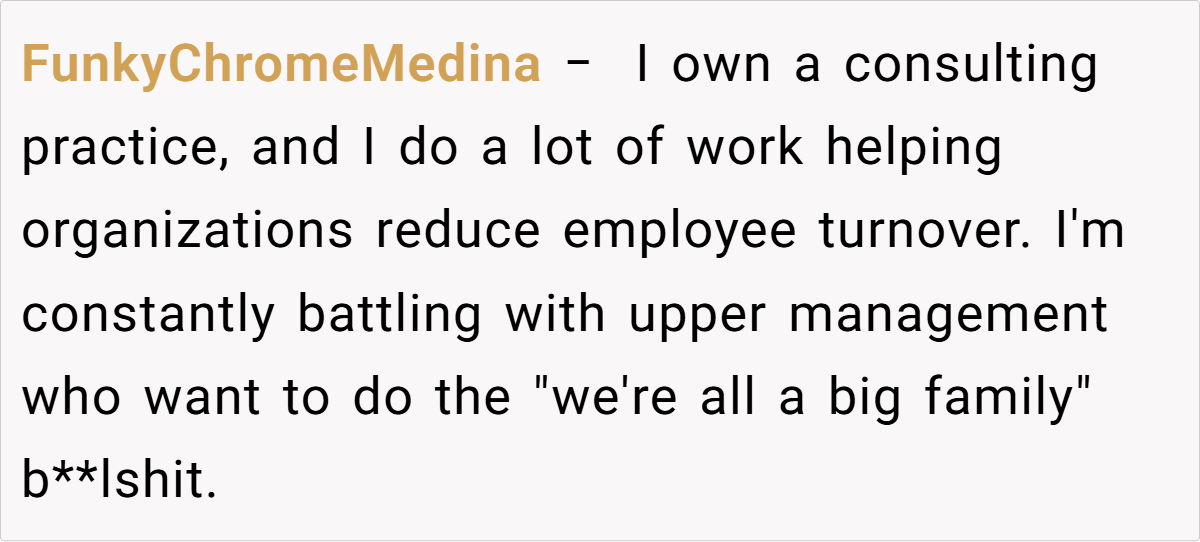
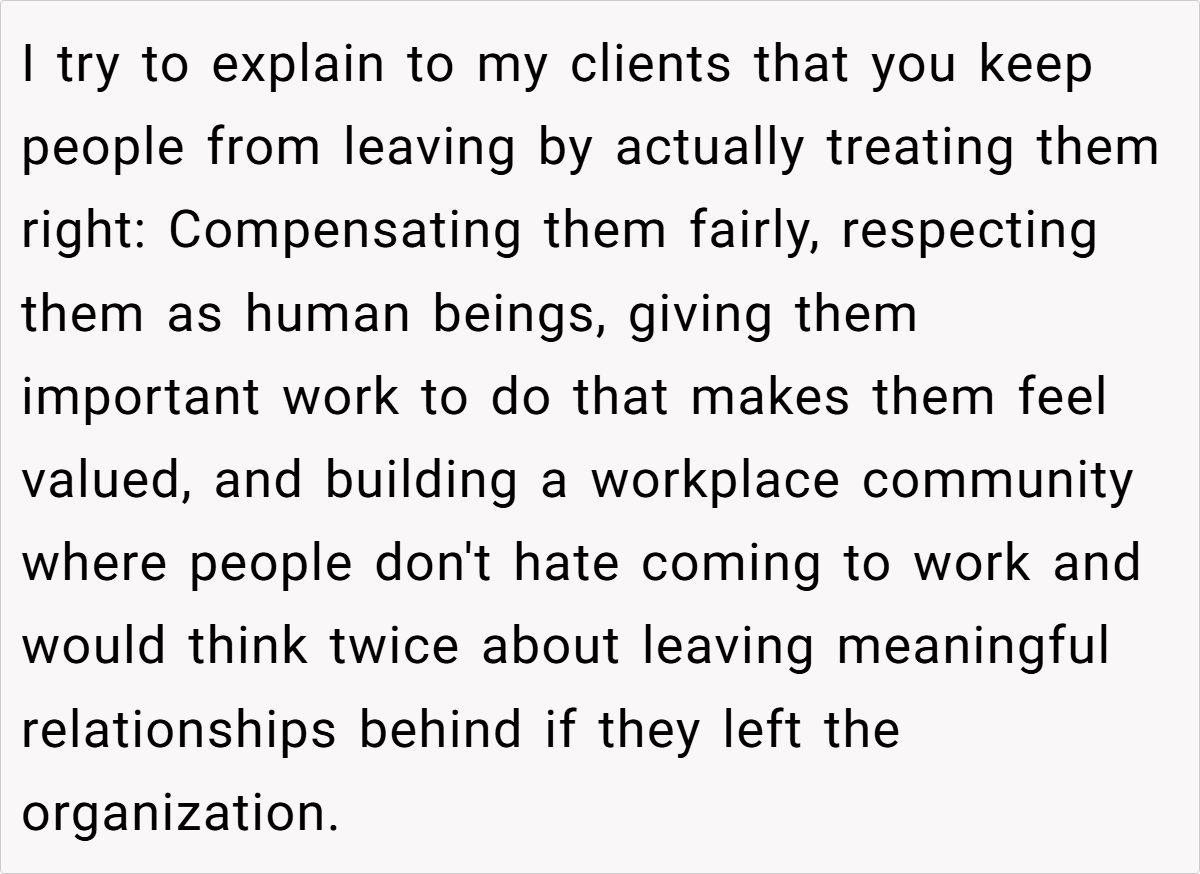
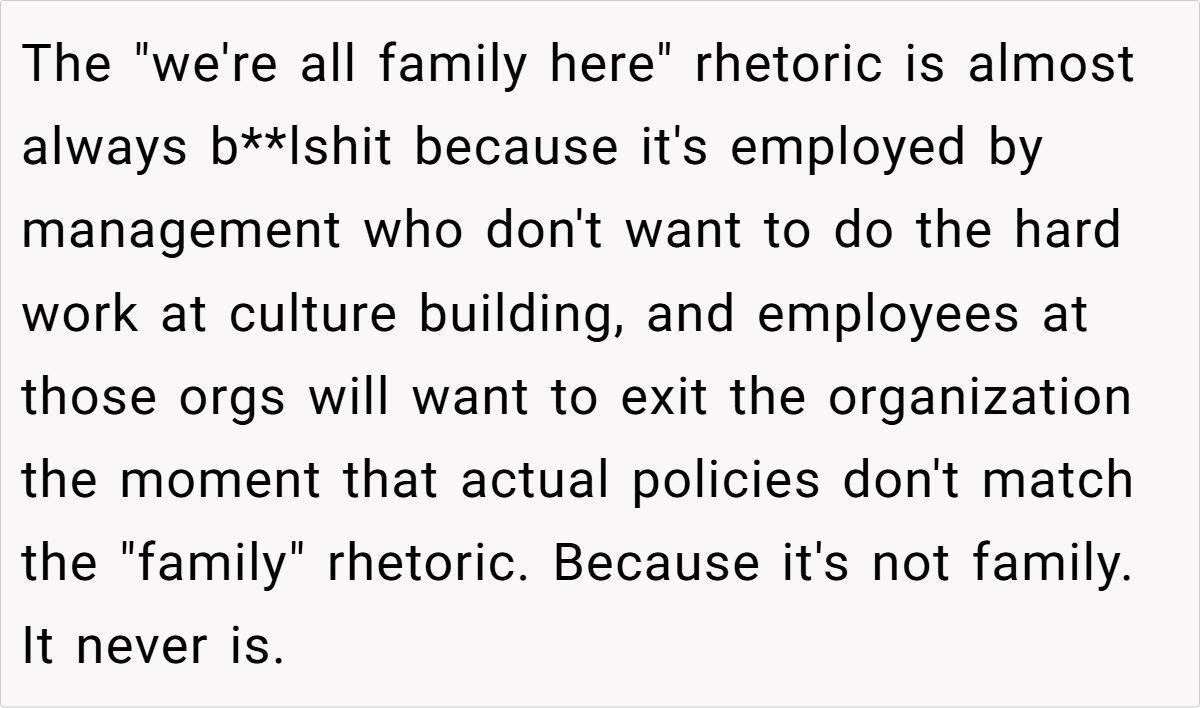

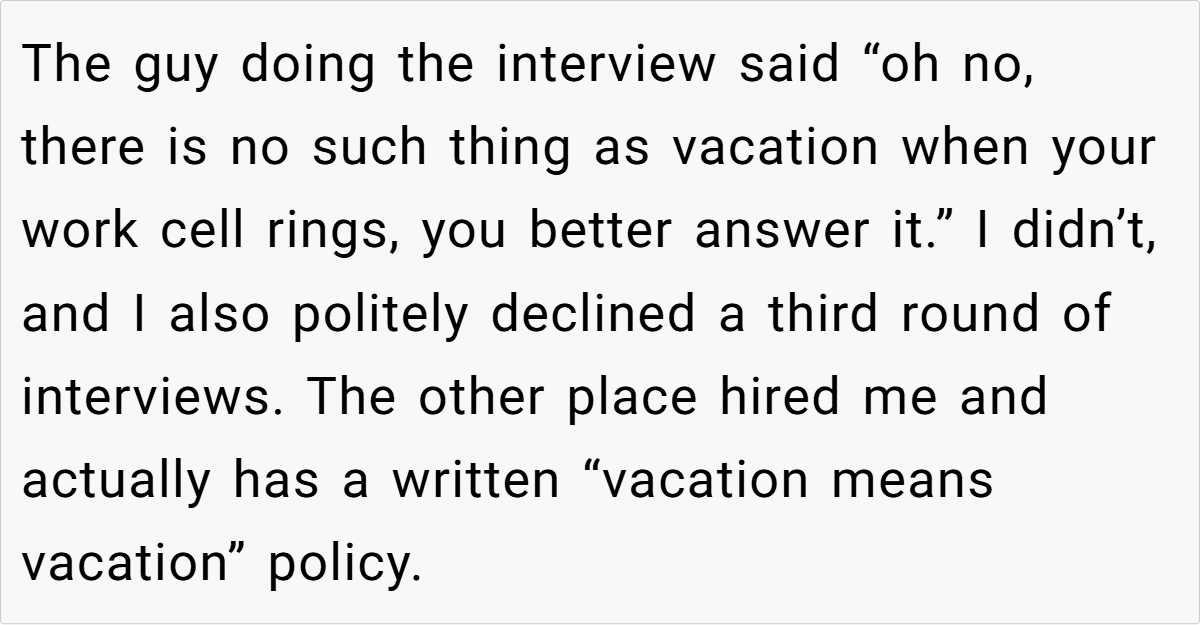
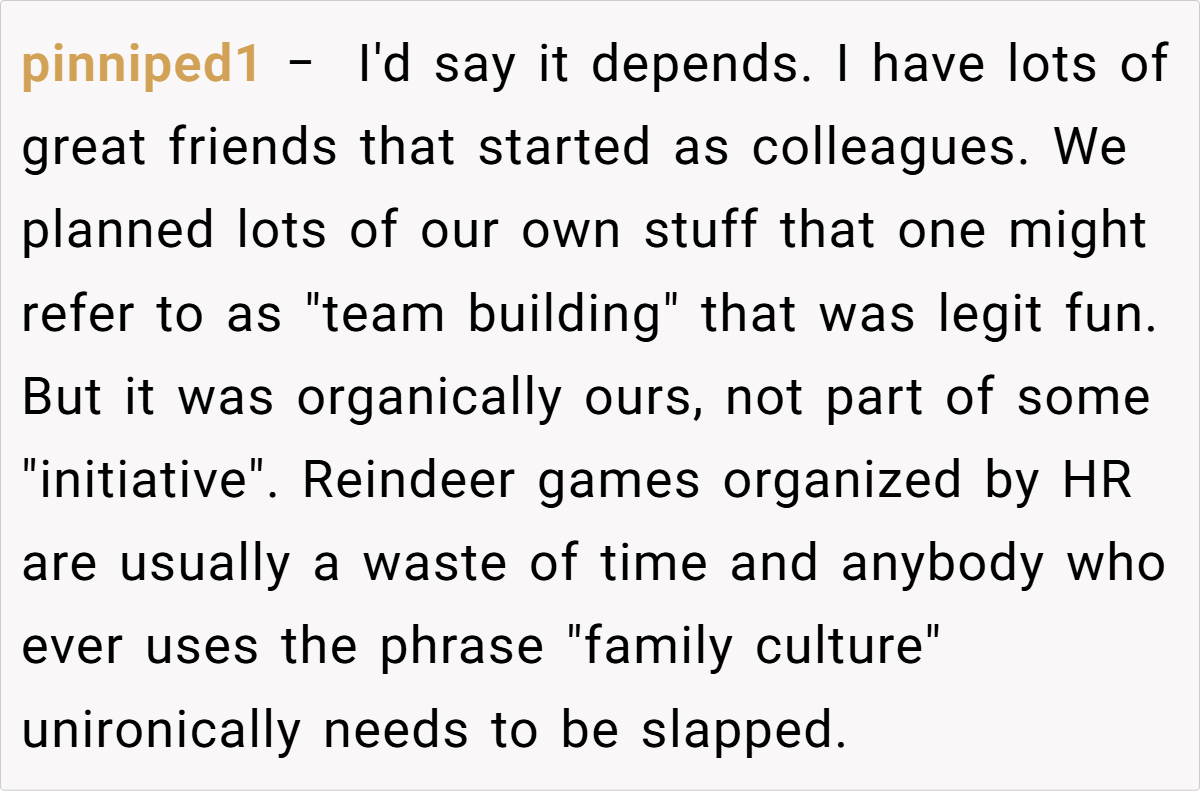
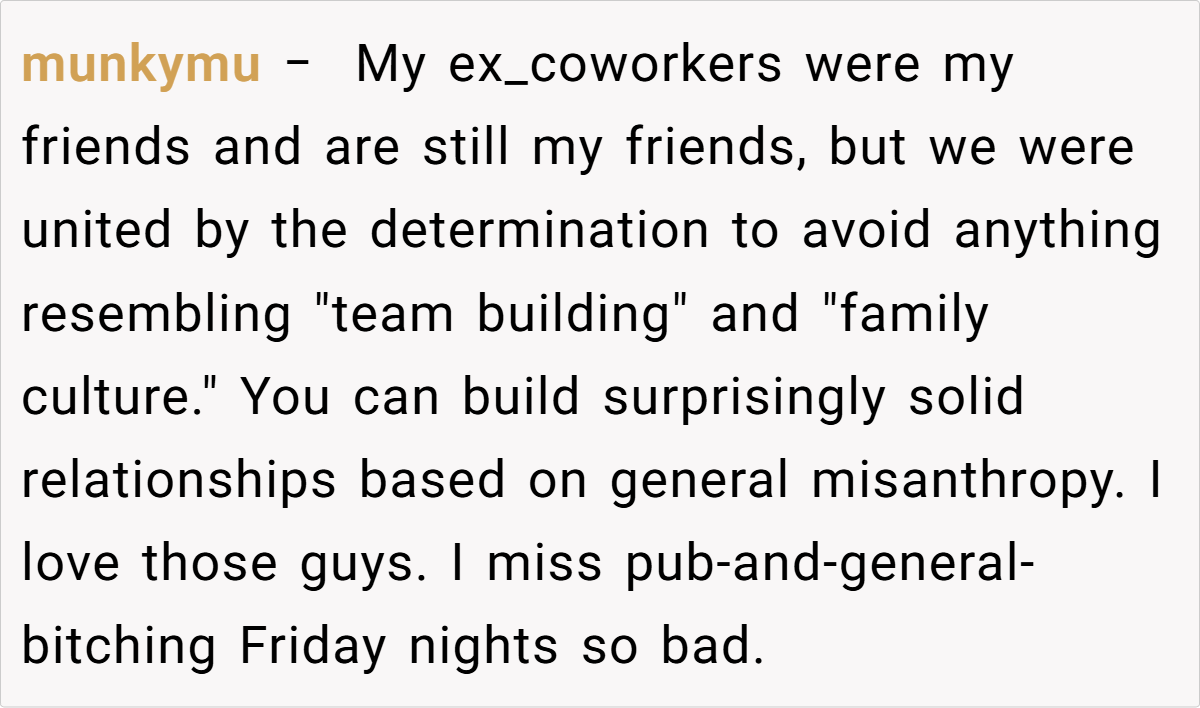
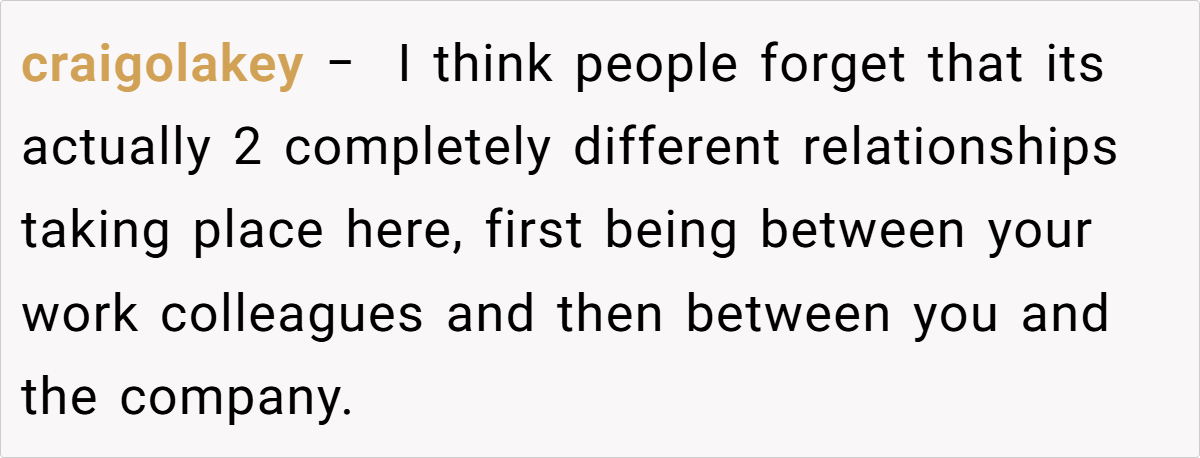
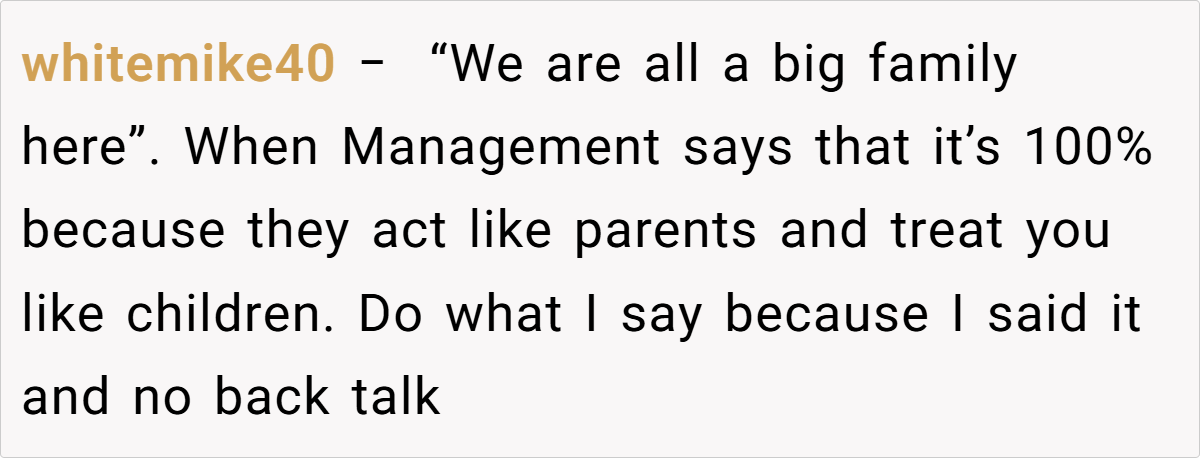


In wrapping up, the tale of enforced team-building and illusory familial bonds challenges us to rethink the true nature of workplace relationships. Can a company substitute genuine respect and fair treatment with a façade of warmth?
The insights shared here—and echoed by the Reddit community—urge us to reconsider what meaningful teamwork really looks like. What would you do if you found yourself caught in a culture that prioritizes appearances over authenticity? Share your thoughts and join the discussion.

